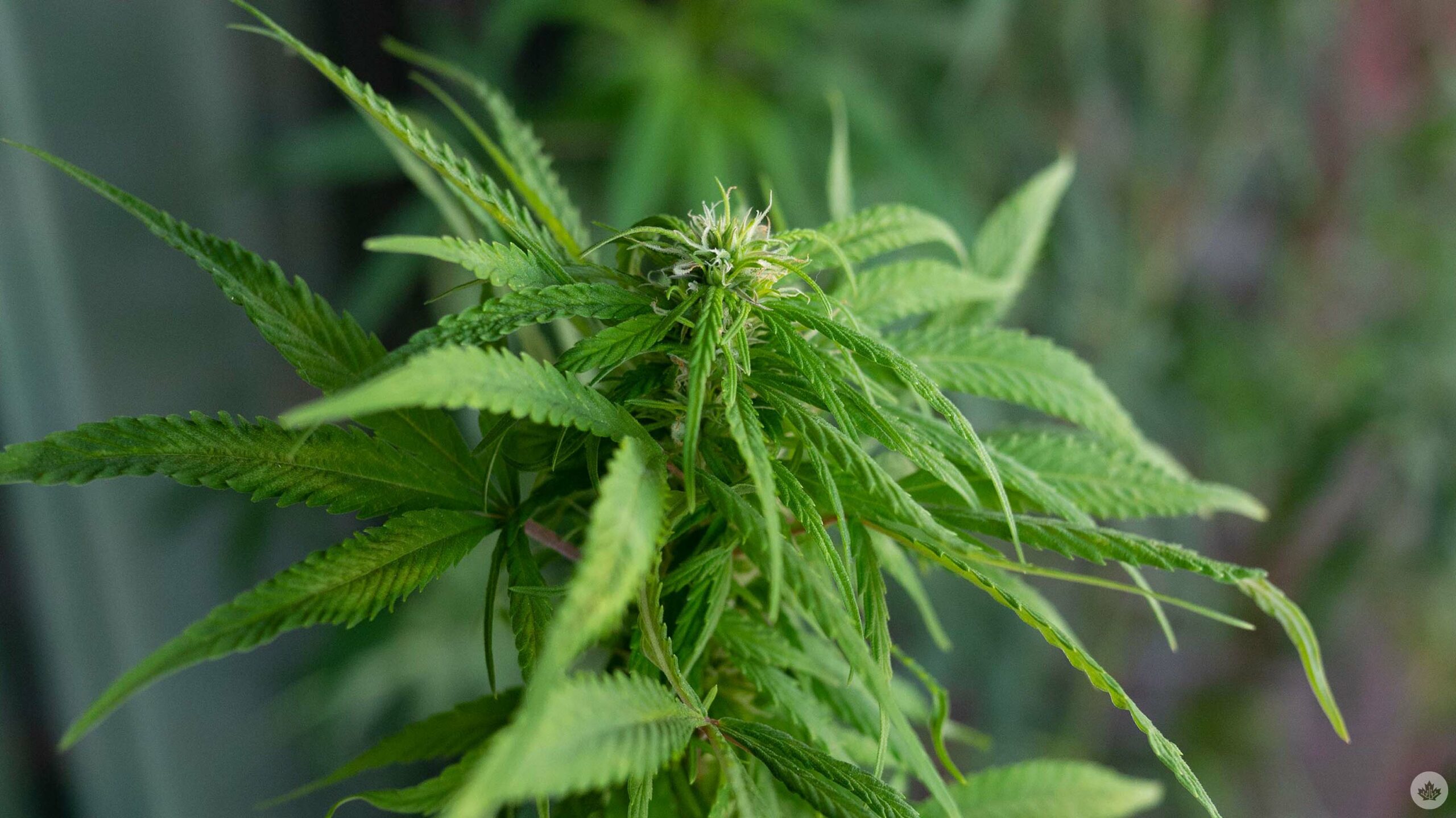
Researchers from Rutgers University in New Jersey say they can use smartphone data and machine learning to detect cannabis intoxication.
The project started as a proof-of-concept way to passively detect cannabis use rather than rely on existing testing measures like blood, urine or saliva tests. The researchers published their findings in the Drug and Alcohol Dependence journal (via CTV News).
The study involved an experiment with 57 young adults who reported using cannabis at least twice a week. Researchers asked participants to complete three surveys a day over 30 days. The survey asked about how high participants felt at a given time, when they had last used cannabis and the quantity consumed. Participants reported a total of 451 episodes of cannabis use.
Additionally, researchers asked participants to download a smartphone app that analyzed GPS data, phone logs, accelerometer data and other smartphone sensor data and usage statistics.
The researchers found that when looking at the time of day, a machine learning algorithm could detect an episode of cannabis use with 60 percent accuracy. With just the smartphone data, the algorithm had an accuracy of 67 percent.
But with both time-of-day data and sensor data combined, the algorithm accurately predicted cannabis use with 90 percent accuracy.
The researchers said that GPS and accelerometer sensor data were the most important in detecting cannabis use — the study found that participants didn’t travel as far while high, while the accelerometer could be used to measure body movements.
While certainly interesting results, there could be potential concerns with applying the algorithm in real-world scenarios. For example, bias in the algorithm (unintentional or otherwise) could skew results. Another problem could be the accuracy — 90 percent is impressive, but if you fall in the 10 percent where the algorithm gets it wrong, that could cause problems.
The researchers say that this is the first study to examine how smartphone sensors could help detect cannabis intoxication. However, some of the researchers were involved in a similar 2018 study that investigated if smartphone data could be used to detect heavy drinking episodes.
Source: Drug and Alcohol Dependence Via: CTV News
MobileSyrup may earn a commission from purchases made via our links, which helps fund the journalism we provide free on our website. These links do not influence our editorial content. Support us here.


